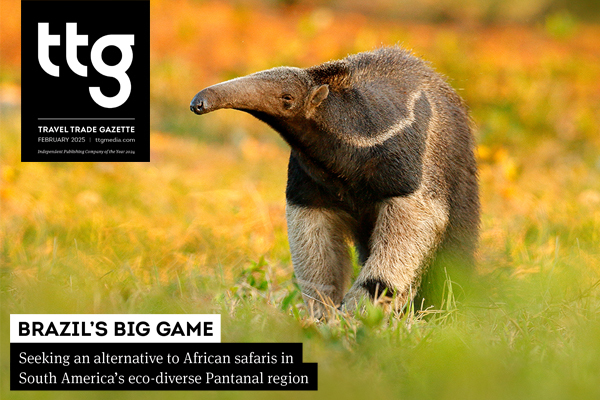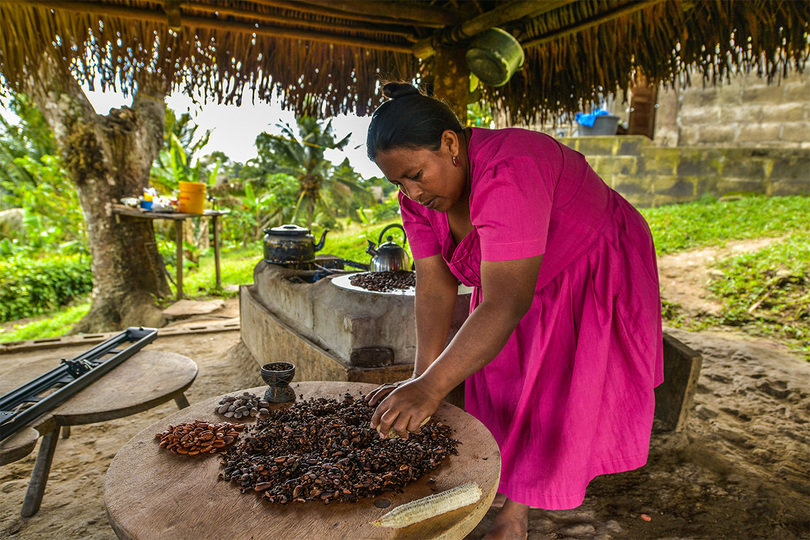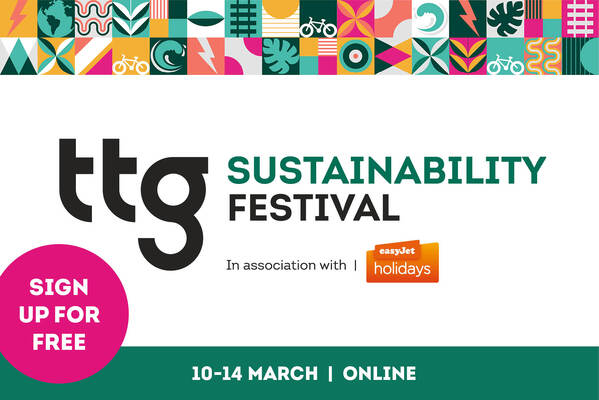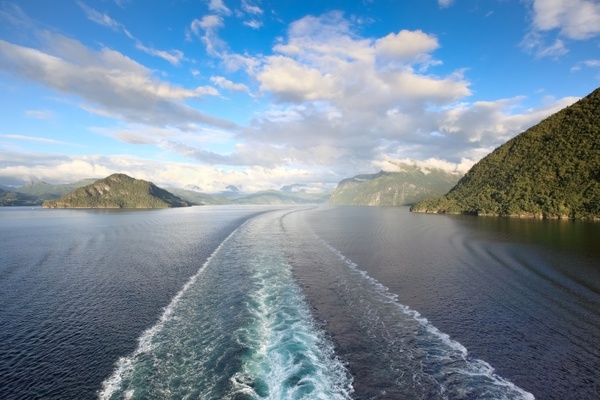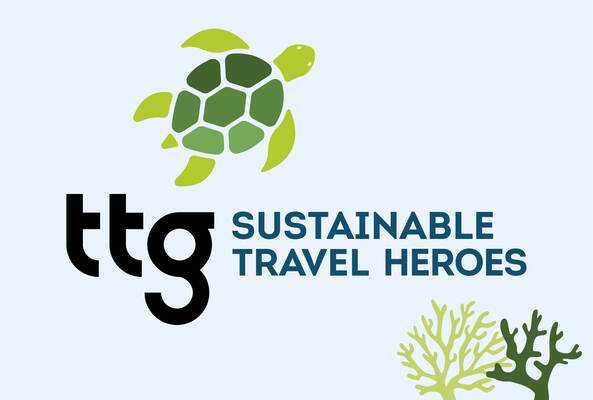Your guide to understanding sustainability certifications
 Jennifer Morris
Jennifer MorrisWith more than 200 sustainability certifications swirling around, you’d be forgiven for feeling a little bewildered when it comes to recognising a responsible supplier. Here is your “dummy’s guide” to sustainability certifications.
It’s no secret that there are a huge number of sustainability certifications, with some estimates putting the figure at more than 200 in travel and tourism alone… and that’s before you take into account certifications in the general economy, such as the decarbonisation badges, or B-Corp certification.
Before we get on to the travel-specific certifications, it’s worth noting the significance of B-Corp – a designation that a business is meeting high standards of verified performance, accountability, and transparency. In order to achieve certification, a company will be scored on its social and environmental performance and must also pass a risk review; it must make a legal commitment by changing its corporate governance structure to be accountable to all stakeholders; and show transparency by allowing information about its bench-marked performance to be publicly available. TTG (which itself has B-Corp certification) highlights suppliers with B-Corp status on its Supplier Directory.
What’s more, the quality of these certifications varies widely – this is where that well-worn phrase “greenwashing” comes to mind – with some requiring detailed evidence and others not (the tour operator Responsible Travel told TTG that it does not actually have any sustainability certifications because it does not believe any of them are robust enough).
Some certification bodies both train and audit, which Patrick Richards, founder director of sustainability consultancy TerraVerde, says is akin to “marking your own homework”. “The Global Sustainable Tourism Council (GSTC) is increasingly mandating that this should no longer be acceptable and that certifiers should get an independent audit done,” he explains. “However, this is frequently costly and above the budget of smaller players in the visitor economy.”
Here, we try to break down some of the key sustainability certifications you can trust when choosing your suppliers.
But firstly, it’s important to understand the difference between certification and accreditation, which are often used interchangeably. An accrediting body, such as the GSTC “accredits” the certification bodies, who then certify.
“Think of it as a pyramid with accreditation sitting above certification,” advises Richards.
The GSTC site is a good reference point for which certifiers they both “accredit” and “recognise”. It acts as a quasi-regulator for the travel certifications and its 42 criteria cover the four pillars of governance, social, environmental, and cultural criteria.
They also insist on best practice such as auditing, as mentioned above.
Accommodation
Travelife is a global accommodation sustainability certification body. Its requirements cover emissions, biodiversity, human rights, fair labour, child safeguarding and animal welfare, and are recognised by the GSTC.
The Green Key certificate is a standard for excellence in environmental responsibility and sustainable operation. It represents a commitment by businesses that their premises adhere to the strict criteria set by the Foundation for Environmental Education. The environmental standards expected of these establishments are maintained through rigorous documentation and frequent audits. Green Key is eligible for hotels, hostels, small accommodations, campsites, holiday parks, conference centres, restaurants and attractions.
Green Hospitality is a not-for-profit collaborative platform that enables and supports sustainability in hotels, restaurants, airlines, tour operators, corporates, and related supply chains.
The Green Globe international standard for sustainable tourism has been developed over 30 years of research and development. It certifies hotels, resorts, conference centres and attractions, and claims to be the original standard that all tourism eco-labels are based on. French cruise ship operator Ponant recently became the world’s first cruise line to earn a Green Globe certification.
Touring
Travelife for Tour Operators is a “fair and affordable” system that helps tour operators and travel agencies to manage and improve social and environmental impacts by complying with sustainability criteria. Ultimately, when a company meets the requirements, it will receive a Travelife award. Travelife’s services include training, management, planning, reporting and B2B tools.
The TourCert certification is granted to tour operators, accommodations, destinations and other tourism businesses with high economical, ecological and social responsibility. The TourCert system strives to impact the entire process and the company’s continuous development. TourCert awards the TourCert Check as an introduction to the topic of sustainability in tourism ("TourCert Qualified") and the third party audited "TourCert Certificate".
Destinations
EarthCheck, previously operating under the name EC3 Global, is a globally recognized group specializing in benchmarking, certification, and advisory services. Its primary focus lies in the environmental and scientific dimensions of the travel and tourism sector.
Green Destinations evaluates destinations’ sustainability performance, nurture them through virtual training modules, coaching programmes and support toolkits, and offers global recognition for accomplishing the ascertained benchmarks.
But where can you find which suppliers have which certifications?
Many of the large OTAs, such as Booking.com, now carry comprehensive real-time information on which hotels carry sustainable certifications. This information is aggregated and streamed to them by Danish start-up BeCause.eco.
Other than that, TerraVerde says travel agents should look at the websites of providers and learn to critically evaluate the facts that they are giving about their activities… weeding out the greenwashers. Having said that, Richards agrees it can be tricky to identify the best players. The organisation recently identified that less than a third (30%) of the UK’s biggest travel companies have proactively and publicly published comprehensive sustainability plans.
What’s more, “soft law is turning to hard law”.
“Both the EU and the UK are rolling out regulation that covers sustainability, and it is quite likely that this will supersede certification,” he explains.
“The EU’s Corporate Sustainability Reporting Directive is more comprehensive and more advanced with a roll-out period over the next five years, that also impacts non-EU businesses that trade in the EU.”
The UK is following with the proposed introduction of a framework called ISSB (International Sustainability Standards Board) next month.
“Many businesses will need to shift their focus to mandatory disclosures rather than voluntary ones,” concludes Richards.
For more advice on identifying sustainable suppliers and selling sustainable travel, visit our Sustainable Travel Heroes hub.
Sign up for weekday travel news and analysis straight to your inbox

Jennifer Morris
Supplier Directory
Find contacts for 260+ travel suppliers. Type name, company or destination.


